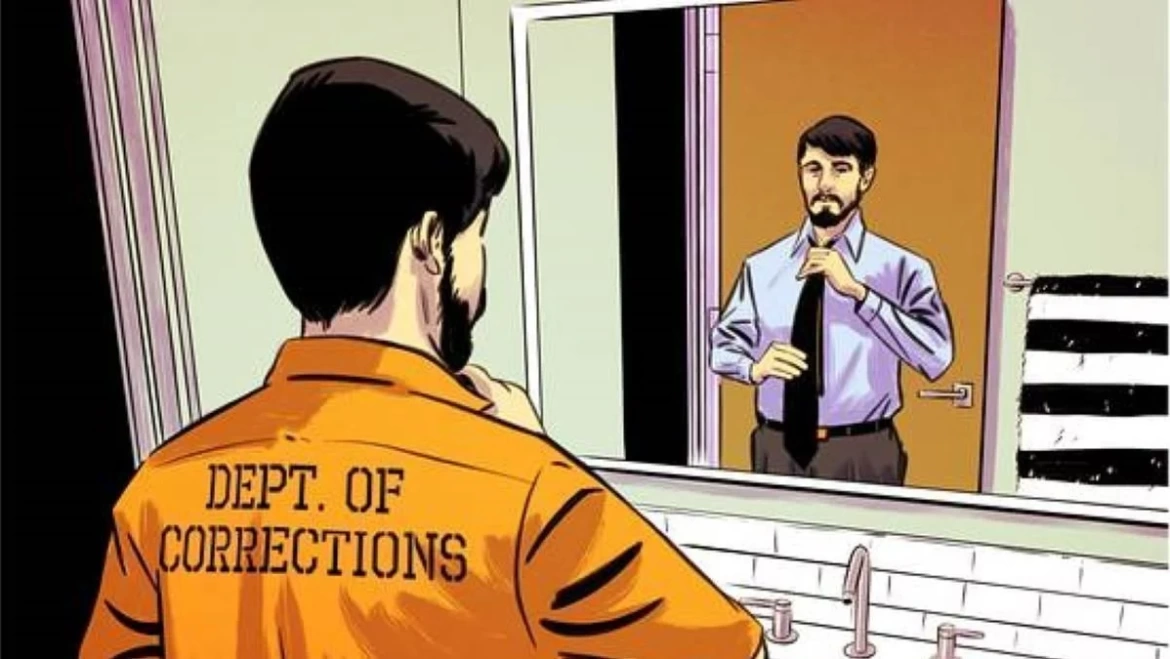How to help young offenders rebuild their lives after they get out of the system
Second Chance Scholarship Foundation is a non-profit agency providing education, counseling, community resources, and programs to young offenders, court-involved or at-risk people. The Second Chance Scholarship Foundation’s goal is to reestablish a sense of individual responsibility and institutionalized accountability that will give youth the commitment to follow through on a path to adulthood with a sense of pride and accomplishment and they will break down the systematic barriers of young offender’s crime and its causation by providing the appropriate tools and resources for achievement.
Why it is important to give a second chance to young offenders?
Young offenders should be given second opportunities for several reasons. It is important to remember that these people are still developing and could not have fully realized the consequences of their acts. Secondly, providing young offenders a second opportunity may help their recovery. It may enable individuals to grow from their mistakes and contribute positively to society. Third, the tendency for young offenders to commit crimes again after being released from jail is known as recidivism, and it may be decreased by offering them second chances for education. We may reduce the possibility that youths will continue down a criminal path by offering them second opportunities. Second chances for juvenile offenders are important; they can help these young people turn their lives around and become productive members of society.
How Education Changes the Lives of Young offender:
Education is the key to success in every aspect of life and providing scholarships to young offenders to change their lives.
- Our methodology of approach places a heavy emphasis on providing alternative approaches to education. It is the hope and vision of Second Chance for young Offenders to create a new vision of hope, leadership, and accountability.
- Improve graduation, literacy rates, and employment rates will also increase which lead to generating more income for the country.
- Enhance the ability of community adults to become productive members of society.
- To disrupt “the system” by creating belief and self-confidence in our youth’s ability to be the leaders of tomorrow; to reduce the rate of court recidivism by engaging youth in various services and opportunities that will increase graduation rates and promote a healthy lifestyle.

Reason for committing a crime by young people and why education is important for young offenders.
- Homeless and its impact: psychological impact
The majority of homeless children suffered trauma in one way or another. They are quite likely to be exposed to crime, violence, sexual exploitation, and other types of victimization. This accumulation of trauma is referred to as “toxic stress” which causes detriments to mental health and brain development. Half of all homeless children are under the age of 6, a period when brain development is substantial, the trauma of residential instability can change the construction of the brain and impede the development of many basic life skills, which include the ability to learn, self-regulate, and form healthy relationships and social skills”.
These children are also prone to self-harm and suicide attempts. One study found that 63% to 90% of youth experiencing homelessness who did not complete high school reported a strong mental health impact that included depression and anxiety. This population of young also has high rates of complex trauma that occur because of the unpredictable nature and traumatic environment they exist. Health outcomes for homeless people are poor and the mortality rate for this segment has been estimated to be 40 times higher than then their non-homeless peers. This is due to poor diet, food insecurity, trauma, and limited access to clean water and other sanitary needs. These children also have high exposure to transmitted and infectious diseases. Lack of a stable home prevents youth from accessing support systems that include stable role models that would protect them from physical and emotional harm. The absence of stable role models can impact this population’s executive functioning ability, which also affects educational attainment.
This population of youth tends to have poor educational outcomes and they have limited financial resources which include high dropout rates and lower scores on assessments compared to non-homeless peers. Their mobility usually results in switching schools and having a high rate of truancy. This creates a population of youth who grow into unskilled laborers, convicts, or a homeless adult and due to all of this, it will generate offenders in society. A good education is key to providing a chance to escape poverty.
So above are some reasons how homelessness and psychological factors affect the brain and offending crime in younger and education is more important for the young offender to become a good citizen of society.
What citizen will do to support young offenders in rebuilding their lives?
Several things can be done by citizens to support and give a second chance to this young offender, and we should all do our part to support these efforts.
If you are interested in supporting second chance for juvenile offenders, there are many things you can do like, you can volunteer your time to a Second Chance scholarship foundation that works with young offenders and you can volunteer by talking and sharing on your social media account about the goals and programs of the Second Chance scholarship foundation with your friends and family about the importance of second chances for young offenders as it will create awareness among society because every life matter for society. You can donate to an organization that supports young offender programs.
Donate to save the lives of young offenders: Every life matters.


Add Comment